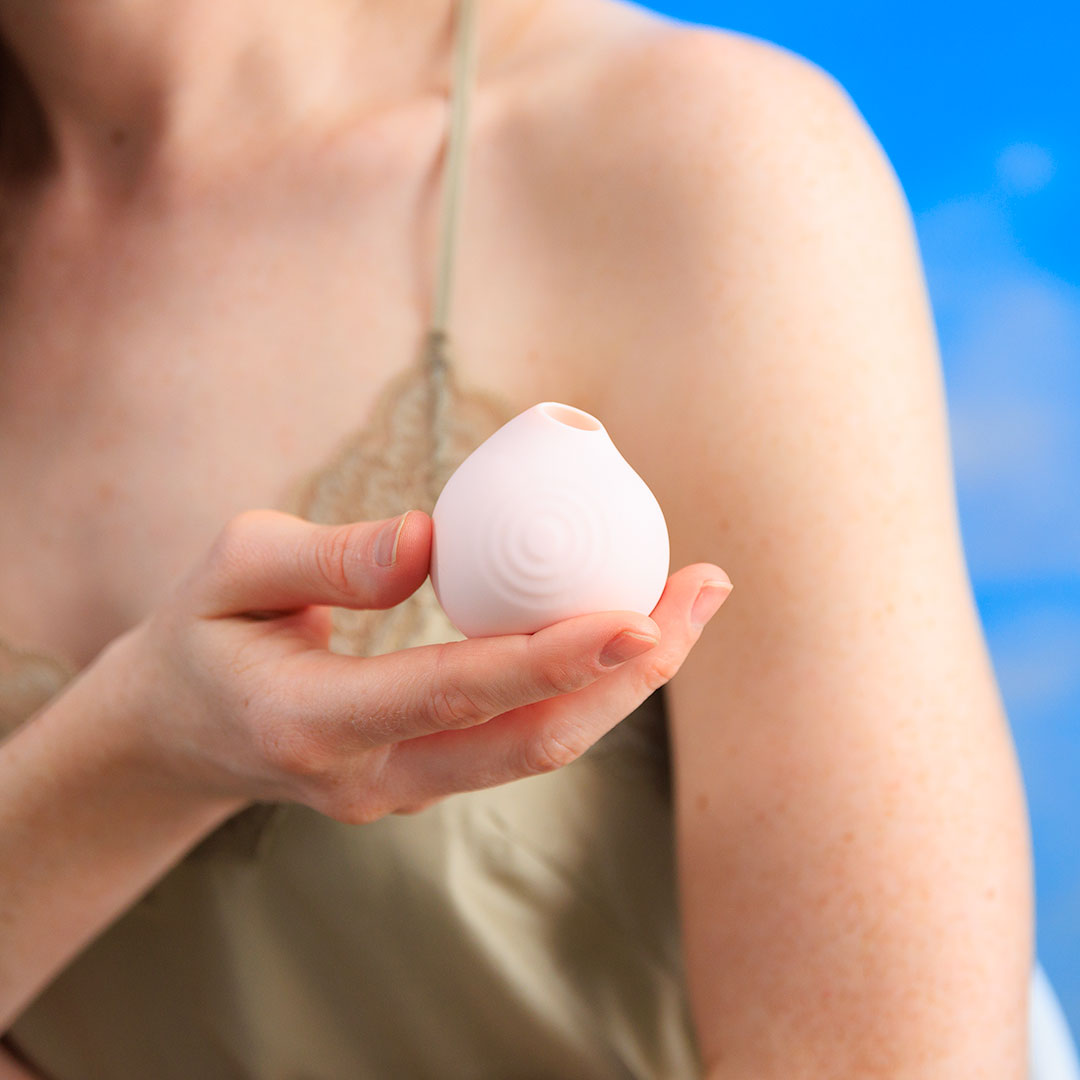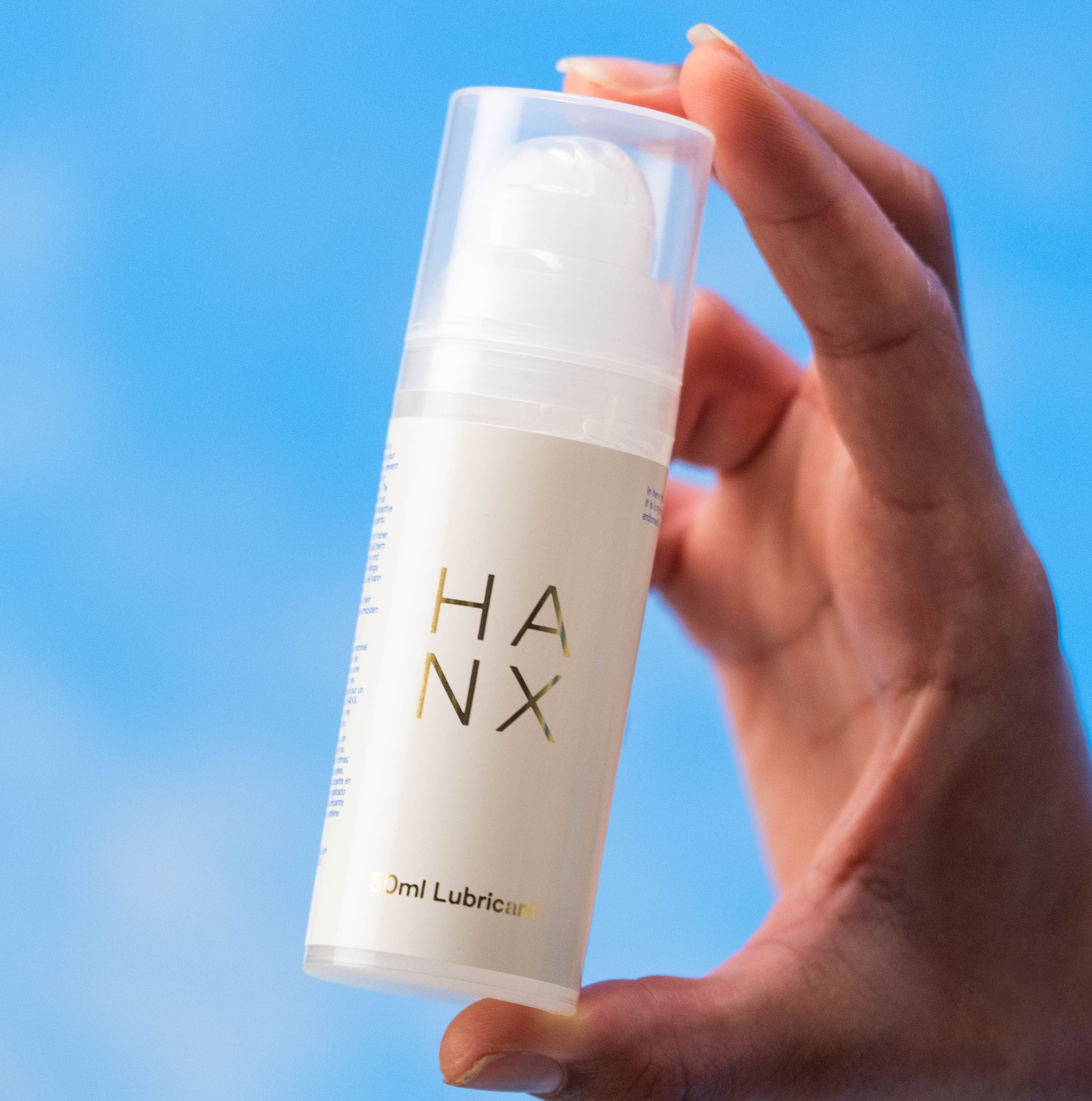Discussing Discharge: What It Is And Why Not To Worry
Vaginal discharge is a fluid that comes out of the vagina. It is very normal and helps keep vaginal tissues healthy, protecting against infections and ensuring lubrication in the vagina.
Throughout the menstrual cycle, there are slight variations in texture, such as being stickier during the time of ovulation, and clear and watery at other times.
However, other changes in vaginal discharge such as colour, consistency, and smell, as well as irritation or pain, can all indicate that something is not quite right. This could indicate anything from an STI to a yeast or bacterial infection, so check in with your GP or health provider.
Why does vaginal discharge occur?
It’s a way for your vagina to regulate its natural balance, which changes throughout the menstrual cycle, and tell you if something is wrong. This fluid is made by the glands within the vagina and neck of the womb (cervix), ensures dead cells and bad bacteria are removed from the vaginal canal. Many people still hold the misconception that discharge ‘dirty’, however, the vagina is essentially ‘self-cleaning’ and discharge is central to this.
What can healthy discharge look like?
Healthy vaginal discharge is clear or milky in colour and does not have a foul smell to it.
Discharge changes throughout the menstrual cycle and can be thick and sticky after your period and become whiter/creamy and more wet before ovulation. In the fertile window, which is the time leading up to and just after ovulation, discharge feels much wetter and slippery. 1-2 days before ovulation it resembles raw egg white and is clear and stretchy. This allows sperm to enter the vagina and cervix much more easily, and therefore encouraging fertilisation. After ovulation, vaginal discharge becomes drier and more difficult for sperm to pass through, and for some women it may be absent. Then menstruation occurs and the cycle starts again.
Here's what other types might mean:
- Thick white (cottage-cheese like) vaginal discharge can be a sign of vaginal thrush, which is associated with itching and soreness.
- Yellow or green discharge can be a sign of infection, including sexually transmitted infections (STIs) such as trichomoniasis or gonorrhoea. If there is an associated foul smell, then it’s likely to be an infection and you should see your healthcare provider for a checkup.
- Brown or bloody discharge can be due to vaginal spotting or the beginning/ end of your menstrual cycle. However, it can also be associated with STIs, changes to the cervix (such as a polyp), or irritation in the vagina caused by infections such as thrush, bacterial vaginosis or an STI.
What’s considered a ‘healthy’ quantity of discharge?
A “normal” amount of discharge varies from person to person, and there is no exact amount of discharge that is deemed normal. You may have a lot more vaginal discharge than other people, but may be entirely healthy and normal for your vagina. However, it’s important to take note of anything that is out of the ordinary for you, as this may indicate something is wrong. Look out for changes in colour and smell. Equally, if you’re starting to produce more discharge than you normally do, this could also indicate an infection or STI so be sure to get checked by your doctor.
Women often find they have increased discharge in pregnancy, due to hormonal changes, and this is completely normal.
What factors (and why/how) can influence the colour, consistency and amount?
The main things to consider here are infections. These can be infections such as thrush, bacterial vaginosis or an STI.
What can your discharge tell you about your health?
Your vaginal discharge can tell you if you have an infection (including STIs), such as if it is yellow/green in colour or foul smelling.
If you’re planning a pregnancy or tracking your menstrual cycle, monitoring your discharge can also tell you when you’re ovulating, as the fluid becomes clear and stretchy, like egg whites.
If you have recurrent irritation or smelly discharge, your body may be telling you that you’re disrupting the natural vaginal balance. If you use perfumed shower gels or internal vaginal scented washes/douches, this can disrupt the delicate balance and predispose you to infections such as bacterial vaginosis.
When should you speak to a GP or gynaecologist?
When something is not normal for you, you’ve noticed changes in your discharge such as colour, consistency, smell, blood, or if you’re having pain.
Any tips on maintaining healthy discharge?
Your vagina is self-cleaning, so it’s important to leave it to do its thing! No scented perfumes, washes, or internal soaps, as these can disrupt the vaginal balance meaning you are susceptible to an overgrowth of ‘bad’ bacteria and likely to get infections.
Wearing natural fabric underwear (sorry synthetic fans!) such as undyed cotton or bamboo can also reduce moisture and irritation.
Staying healthy in general also helps maintain a healthy discharge, such as ensuring you exercise, drink plenty of water, eat healthily, and keep stress to a minimum.
Any concerns, make sure you speak with your doctor or sexual health clinic.
- Experiencing a yeast infection, BV or cystitis? Our safe, effective treatments come with discreet, next day delivery so you don't even have to leave the sofa. Explore intimate care here.
- Want non-judgemental, blushes-free chat about vaginas, sex and beyond? Join the conversation over at our free digital safe space, HANX Life.






















